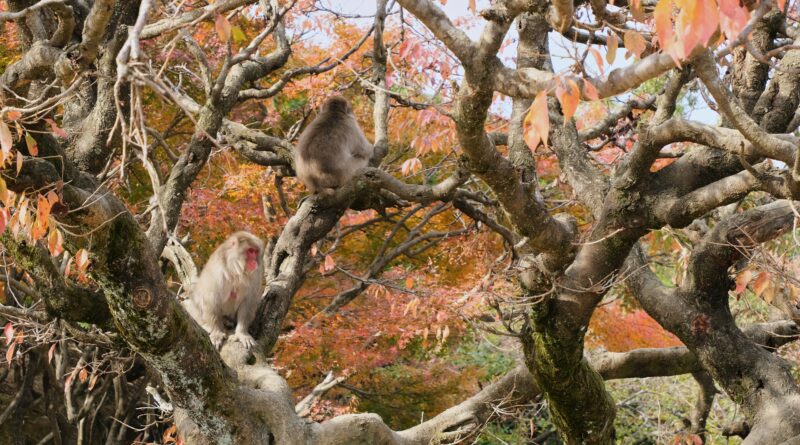Kachū no Kuri wo Hirou (火中の栗を拾う – Taking a Risk for Someone): Part 2
Kachū no Kuri wo Hirou: Part 2
火中の栗を拾う Part 2
Based on the fable “The Monkey and the Cat (Le Singe et le Chat),” the French proverb “tirer les marrons du feu” was born, the literal meaning of which is “to pull someone’s chestnuts out of the fire.”
「猿と猫 (Le Singe et le Chat)」の寓話から、フランスのことわざ “tirer les marrons du feu” (文字どおりの意味は “to pull someone’s chestnuts out of the fire”) が生まれました。
While its literal meaning suggests “to take a risk for someone,” in France, it seems to be commonly used as a proverb meaning “to benefit from someone’s risky work.”
ことわざの文字どおりの意味は「他人のために危険なことをすること」を示唆するものになっていますが、現在フランスでは一般的に「他人の危険な仕事から利益を得ること」を意味することわざとして使用されているようです。
Incidentally, this proverb is the origin of the American idiom “a cat’s paw,” which means “to be used as a tool by someone.”
これは、「他人に道具のように利用されること」を意味するアメリカの慣用句 “a cat’s paw” の語源にもなっています。
Similarly, in Japan, it became the proverb kachū no kuri wo hirou (火中の栗を拾う). However, it is often used in a positive sense, “to take a risk for someone’s benefit,” rather than in a negative sense as in foreign countries.
同様に、日本では「火中の栗を拾う」ということわざが生まれていますが、フランスで主に使われているネガティブな意味とは異なり、「他人のために危険な行動をする」というややポジティブな意味で使われることが多いです。




